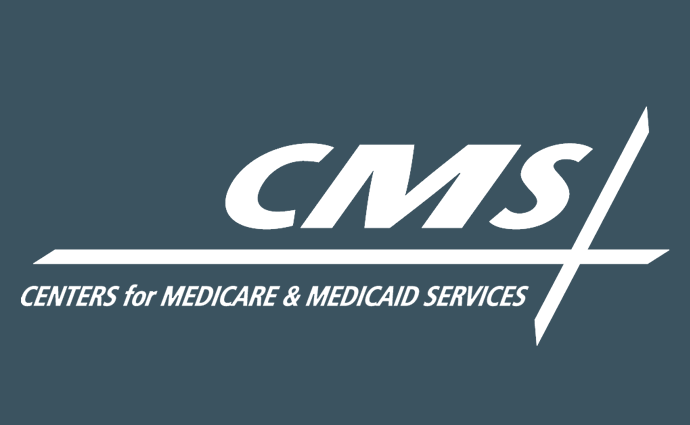CMS: Value-Based Reimbursement Key to Addressing Health Disparities
Value-based reimbursement encourages clinicians to care for the whole person, which is essential to addressing health disparities demonstrated by claims data from the COVID-19 crisis, CMS says.

Source: Centers for Medicare & Medicaid Services
- Article updated 06/24/2020 to include a statement from the National Association of ACOs.
Health disparities proven by Medicare claims data during the COVID-19 crisis underscore the need to transition to value-based reimbursement, according to CMS.
Yesterday, the federal agency announced COVID-19 outcomes based on Medicare claims data from January 1 through May 16, 2020. The data revealed that Medicare spent $1.9 billion in fee-for-service payments on 81,227 COVID-19 hospitalizations during the period, with average hospital reimbursement hovering at $23,000.
Of the nearly $2 billion in hospitalizations, black beneficiaries accounted for nearly four times more than their white peers, the preliminary data revealed. Black adults also had the highest hospitalization rate among racial and ethnic minority groups, with 465 hospitalizations per 100,000. Hispanic beneficiaries had 258 hospitalizations per 100,000, Asian beneficiaries had 187 per 100,000, and white beneficiaries had 123 per 100,000.
But health disparities evident in the initial claims data from the pandemic also suggested the impact of social determinants of health, particularly socio-economic status, CMS reported.
Beneficiaries enrolled in both Medicare and Medicaid had the second highest overall hospitalization rate behind end-stage renal disease patients, the claims data showed. These dual eligible adults had 473 hospitalizations per 100,000 beneficiaries.
The population also had a higher infection rate of COVID-19, with 1,406 cases per 100,000 beneficiaries. By comparison, the infection rate for beneficiaries enrolled only in Medicare was 325 cases per 100,000, CMS reported.
The preliminary data confirmed not only “long-understood disparities in health outcomes for racial and ethnic minority groups and among low-income populations,” but also the need to transition to value-based reimbursement, the federal agency stated.
“Now more than ever, it is clear that our fee-for-service system is insufficient for the most vulnerable Americans because it limits payment to what goes on inside a doctor’s office. The transition to a value-based system has never been so urgent,” CMS Administrator Seema Verma said in the announcement.
When value-based reimbursement models are implemented effectively, Administrator Verma continued, the payment mechanisms incent clinicians to care for the whole person rather than just what is traditionally considered “medical.” Providing clinicians with the payment structure to address social risk factors is critical to improving quality of life for beneficiaries, she said.
In a renewed commitment to transitioning away from the fee-for-service system, CMS said it is implementing a broad strategy to address social determinants of health through value-based payment models. This strategy will include “testing new opportunities for providers to accept higher levels of risk, and also new financial arrangements that ease providers into value-based agreements,” Administrator Verma said in an accompanying blog post.
Healthcare providers have generally been hesitant to accept more downside financial risk, and large financial losses incurred during the COVID-19 crisis may make more providers pause before jumping into new risk-heavy models.
Over half of accountable care organizations in the Medicare Shared Savings Program have already indicated that they may quit the program due to concerns that COVID-19 could lead massive financial losses, especially since the program upped financial risk two years ago. Flexibilities later granted to ACOs in the program during the pandemic, including mitigation of shared losses back to January 2020 and the ability for ACOs to stay in their same risk track next year, will help sustain participation in the program, according to the National Association of ACOs. But financial concerns remain due to COVID-19.
Ensuring better care for dual eligible beneficiaries is CMS’ other strategic initiative aimed at addressing health disparities through value-based reimbursement. CMS said yesterday that it is encouraging states to “double down on efforts to protect low income seniors and look at the data and determine what resources are available, both locally and federally, to improve this disparity of health outcomes.”
The agency also announced that it has identified operational opportunities for states to improve care for dually eligible individuals, including models that states can participate in that focus on optimizing quality and cost of care for the dual eligible population.
Additionally, the Center for Medicaid and Children’s Health Insurance Program (CHIP) Services will create guidance for states on ways to implement value-based reimbursement models and strategies for addressing social determinants of health, CMS reported.
